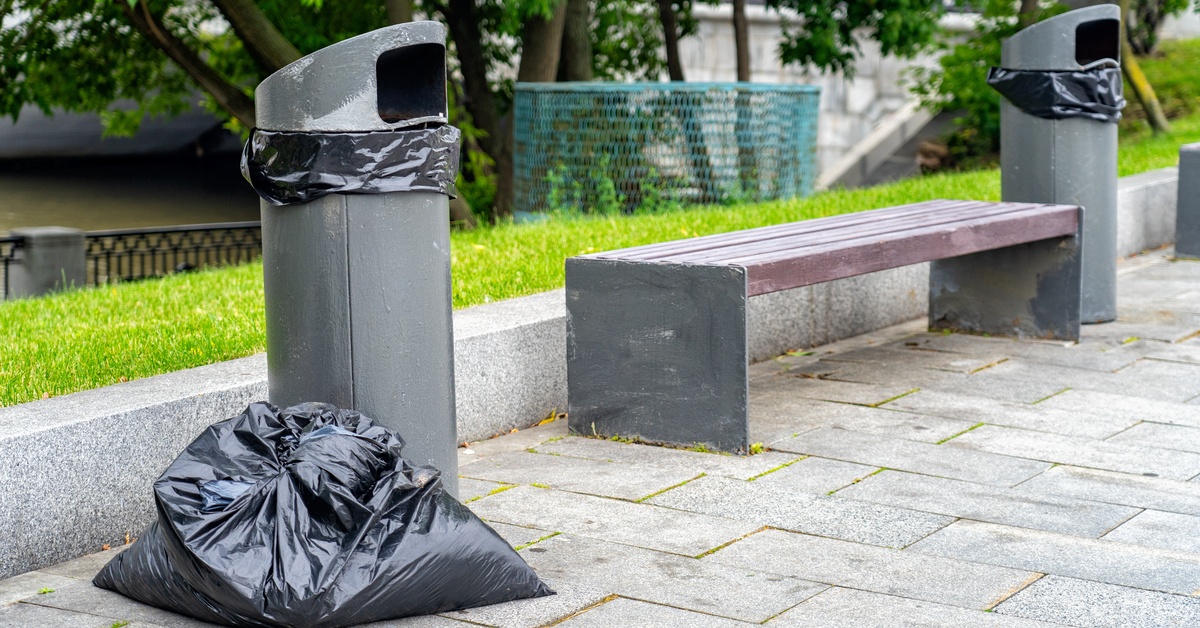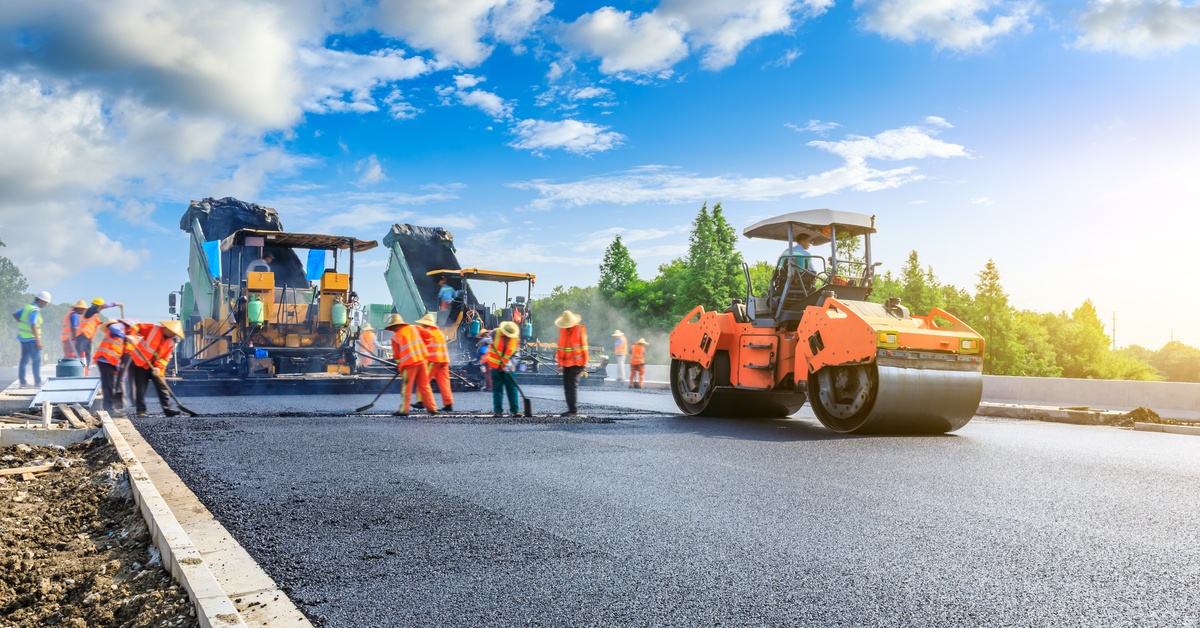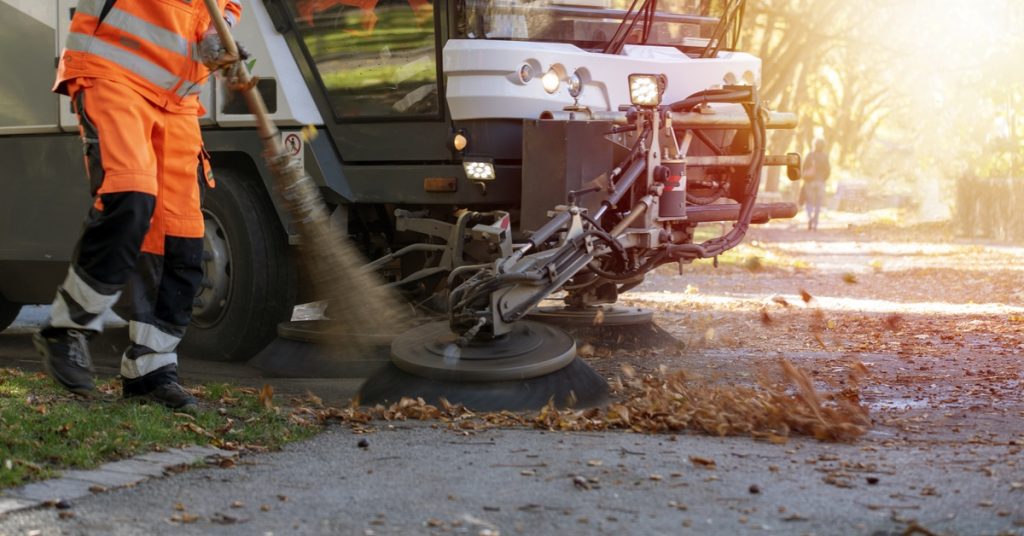Clean streets reduce health hazards, prevent drainage problems, and contribute to overall urban livability. Success depends on implementing comprehensive approaches that address root causes rather than simply treating symptoms.
The most effective cities combine proactive measures with reactive solutions. They engage businesses, mobilize residents, and deploy professional services to create sustainable cleanliness standards. These 10 proven strategies help municipal leaders transform their streets from problem areas into showcases of civic pride.
1. Work With Local Businesses
Many successful cities implement “adopt-a-block” programs where businesses take responsibility for specific street sections. These partnerships often include requirements for daily sweeping of sidewalks, proper waste disposal, and immediate cleanup of spills or debris. Business owners benefit from cleaner storefronts that attract more customers, while cities reduce their direct maintenance burden.
Providing businesses with proper cleaning equipment and clear guidelines ensures compliance while building positive relationships between municipal authorities and the business community.
2. Make a Plan for Construction
Heavy machinery tracks mud onto pavement, debris falls from work sites, and dust settles across entire neighborhoods. Even when construction follows proper protocols, the surrounding streets often suffer.
Proactive construction management mitigates these problems before they escalate. Cities should require detailed cleanup plans as part of permit applications. These plans must specify daily cleaning schedules, debris containment methods, and immediate response procedures for spills or accidents. Contractors who fail to meet cleanliness standards face penalties that encourage compliance.
3. Provide Waste Bins

Pedestrians who carry trash or recyclables need convenient disposal options at regular intervals along busy streets. The absence of bins often leads to littering, even among environmentally conscious citizens. Providing these receptacles is one of the best strategies for cities to keep streets clean.
Cities must balance bin placement with maintenance requirements, ensuring regular emptying prevents overflow that creates worse problems than the original litter.
4. Promote Clean Habits
Strategic placement of signs, murals, and other reminders can encourage proper disposal while building community pride. Cities that invest in creative anti-litter campaigns often see measurable improvements in street cleanliness.
Public art projects can incorporate cleanliness themes while beautifying neighborhoods. Murals that celebrate environmental stewardship or showcase clean streets inspire residents to maintain standards.
Some cities sponsor contests where neighborhoods compete for cleanliness awards, creating positive pressure that sustains long-term improvements.
5. Get the Community Cleaning
Community involvement transforms street cleaning from a municipal burden into a shared responsibility. Organized cleanup events bring neighbors together while addressing problem areas that regular maintenance might miss.
Volunteer programs require coordination and supplies, but they generate enthusiasm that spreads beyond individual events. Cities can provide gloves, bags, and pickup services while volunteers contribute labor and local knowledge.
These partnerships work especially well in residential areas where residents have direct stakes in maintaining property values and quality of life.
6. Employ Street Sweepers
Municipal crews with basic equipment can handle routine maintenance, but comprehensive cleaning requires specialized machinery and expertise. Partnering with an experienced street sweeper company like our team here at CPM Sweeping provides access to high-powered trucks and trained operators who understand optimal cleaning techniques.
Regular sweeping schedules prevent minor problems from becoming major expenses. Streets that receive weekly attention remain cleaner with less effort than those cleaned monthly or seasonally. Professional sweeping also identifies potential infrastructure problems—like pavement damage or drainage issues—before they require expensive repairs.
7. Wash Down the Streets
Street washing complements sweeping by removing stains, sticky residues, and embedded grime that dry cleaning cannot address. Pressure washing proves a particularly effective strategy for cities to keep streets clean in commercial districts where food service, automotive fluids, and heavy foot traffic create challenging cleaning conditions.
High-pressure washing requires specialized equipment and trained operators who understand proper techniques for different surface types. Excessive pressure damages pavement and surfaces, while insufficient pressure fails to remove stubborn contaminants. Professional services provide both equipment expertise and environmentally responsible cleaning solutions.
8. Maintain Street Drains
Clean streets require functional drainage systems that handle runoff effectively. Clogged drains cause water to pool on street surfaces, creating breeding grounds for bacteria and unpleasant odors. Standing water also makes routine cleaning less effective and can damage pavement over time.
Regular drain inspection and cleanings prevent minor blockages from causing major flooding during storms. Cities should establish monthly inspection schedules for high-priority areas and quarterly schedules for residential streets.
Preventive drain maintenance costs significantly less than emergency flood response and street repairs. Communities that invest in regular drain cleaning avoid the cycle of reactive spending that characterizes poorly maintained infrastructure.
Clean drains also improve the effectiveness of street washing by ensuring proper water flow and disposal.
9. Take Care of the Asphalt Itself

Street surfaces in poor condition trap debris and make cleaning more difficult, regardless of maintenance frequency. Cracks, potholes, and worn areas collect litter and organic matter that standard cleaning cannot remove completely. Addressing surface problems improves both cleanliness and long-term infrastructure costs.
Seal coating and crack repair prevent minor surface issues from becoming major replacement projects. These preventive measures create smooth surfaces that cleaning equipment can address effectively. Regular surface maintenance also reduces the amount of debris generated by deteriorating pavement.
Surface repairs should coordinate with cleaning schedules to maximize effectiveness. Fresh sealcoating or patching work benefits from immediate cleaning that removes loose materials and establishes proper surface conditions.
Cities that integrate surface maintenance with cleaning programs achieve better results from both investments.
10. Stick to a Strict Cleaning Schedule
Consistent scheduling proves more effective than intensive occasional efforts. Streets that receive regular attention maintain cleanliness standards with less effort and expense than those cleaned sporadically. Establishing predictable schedules also allows businesses and residents to plan activities around cleaning operations.
Seasonal variations require schedule adjustments that address changing conditions. Fall leaf removal, winter salt cleanup, and spring debris clearing each demand specific timing and techniques. Cities that plan seasonal schedules avoid reactive scrambling that costs more while delivering inferior results.
Partner With Professional Street Cleaning Services
CPM Sweeping brings specialized equipment, trained operators, and proven techniques to municipal cleaning challenges. We work with cities to develop customized maintenance plans that address specific local conditions and budget requirements.
Contact CPM Sweeping today to learn how professional street sweeping services can help your city maintain the clean, attractive streets that residents deserve.

